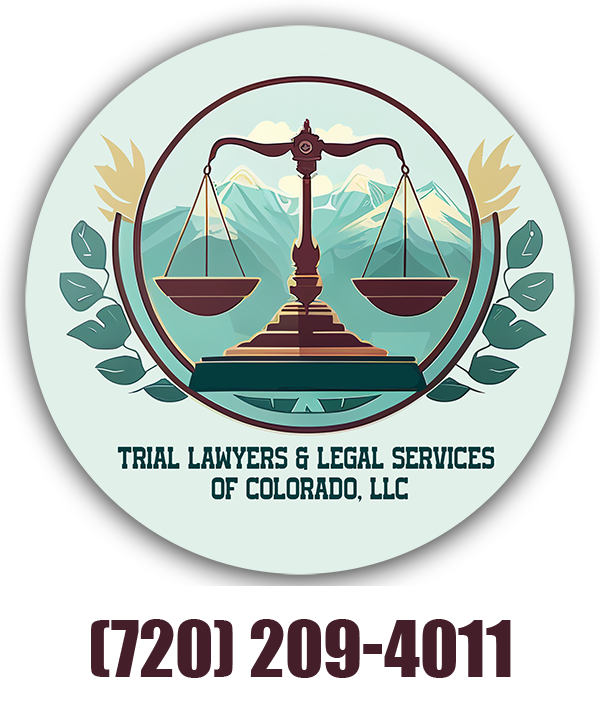
Judges and program facilitators celebrate the first class of Kazen fellows during a graduation ceremony at the federal courthouse in Laredo, Texas.
U.S. District Judge Diana Saldaña spent school breaks working on sugar beet and soybean fields to help her family keep food on the table. Working as a migrant farmworker, at age 10, made it difficult for Saldaña to find mentors who could help guide her in her pursuit of a career in law. Today, she’s helping the next generation of young people in similar situations to navigate their paths to success through the Kazen Fellowship Program.
“The fellowship aims to give students who have a hunger for knowledge, the willingness to work hard, and the drive to succeed, a mentor who can help guide them and show them that they are not alone,” said Judge Diana Saldaña, of the Southern District of Texas, who launched the six-week program in 2023. “Over the course of the program, we’ve lifted these kids up and given them the tools to be leaders in their community.”
Twenty-two high school students from Laredo, Texas, made up the inaugural cohort. The students interned at both the federal and state courthouses and took interactive courses focusing on government, civic duties, writing, and public speaking, while receiving guidance in their college application process. Fellows were coached by U.S. Magistrate Judge Diana Song Quiroga and teams of volunteer attorneys to present and argue a case in a mock trial before a judge. The program is named in honor of the late-U.S. District Judge George P. Kazen, Saldaña’s long-time mentor on the bench.

U.S. District Judge Diana Saldaña welcomes Kazen Fellow Odete Coss and her parents at the federal courthouse in Laredo, Texas.
“The Kazen Fellowship Program has made things possible for me,” said Kazen Fellow Odete Coss. “I once believed that no matter how hard I worked I could never achieve my goals, but Judge Saldaña showed me that is not true. The fact that so many people were pulling for me left me wanting to go and change the world and to do for others what the program did for me.”
Fellows are now passing along their knowledge to students they teach in the court’s new Middle School Citizenship Academy, a civics education program which includes four monthly lessons on the rights, privileges, and responsibilities of citizenship. The experience culminates in a mock trial and a graduation ceremony at the Laredo federal courthouse in April.
Federal judges partner with local bar associations, community groups, and schools to bring programs like these to students in the communities they serve. Last spring, U.S. Court of Appeals Judge Joseph F. Bianco and U.S. District Judge Victor Marrero, of the Southern District of New York, launched the Justice For All: After School Program in New York City. The program is named in honor of the late-U.S. Court of Appeals Judge Robert A. Katzmann and is run in partnership with the Federal Bar Council and the Harlem Educational Activities Fund.

U.S. Attorney Damian Williams (left) and U.S. Circuit Judge Joseph F. Bianco (right) teach students about the federal judicial system at the Thurgood Marshall U.S. Courthouse in New York City.
“Offering a three-month course at the courthouse to high school students already interested in the law and the legal profession can be a life-changing experience, especially for students in underserved communities who might not otherwise have full access to law or career programs,” Bianco said.
Students came once a week after school to the Thurgood Marshall U.S. Courthouse, where they heard from eight federal judges and from attorneys at the top of the legal profession who discussed their careers and timely legal topics ranging from criminal investigations, prosecution, and defense to counter-terrorism activities.
“The goal of the program is to help the students understand the importance of the law in our society and give them a real-life glimpse as to how different careers in the legal profession and court system provide a unique opportunity to help others and impact the world,” Bianco said.
To find educational court programs at the nearest federal courthouse, contact the federal courts’ national educational outreach manager, Rebecca Fanning. Visit the educational resources section for additional programs and activities.
Similar court educational opportunities across the country include:
Related Topics: Public Education
